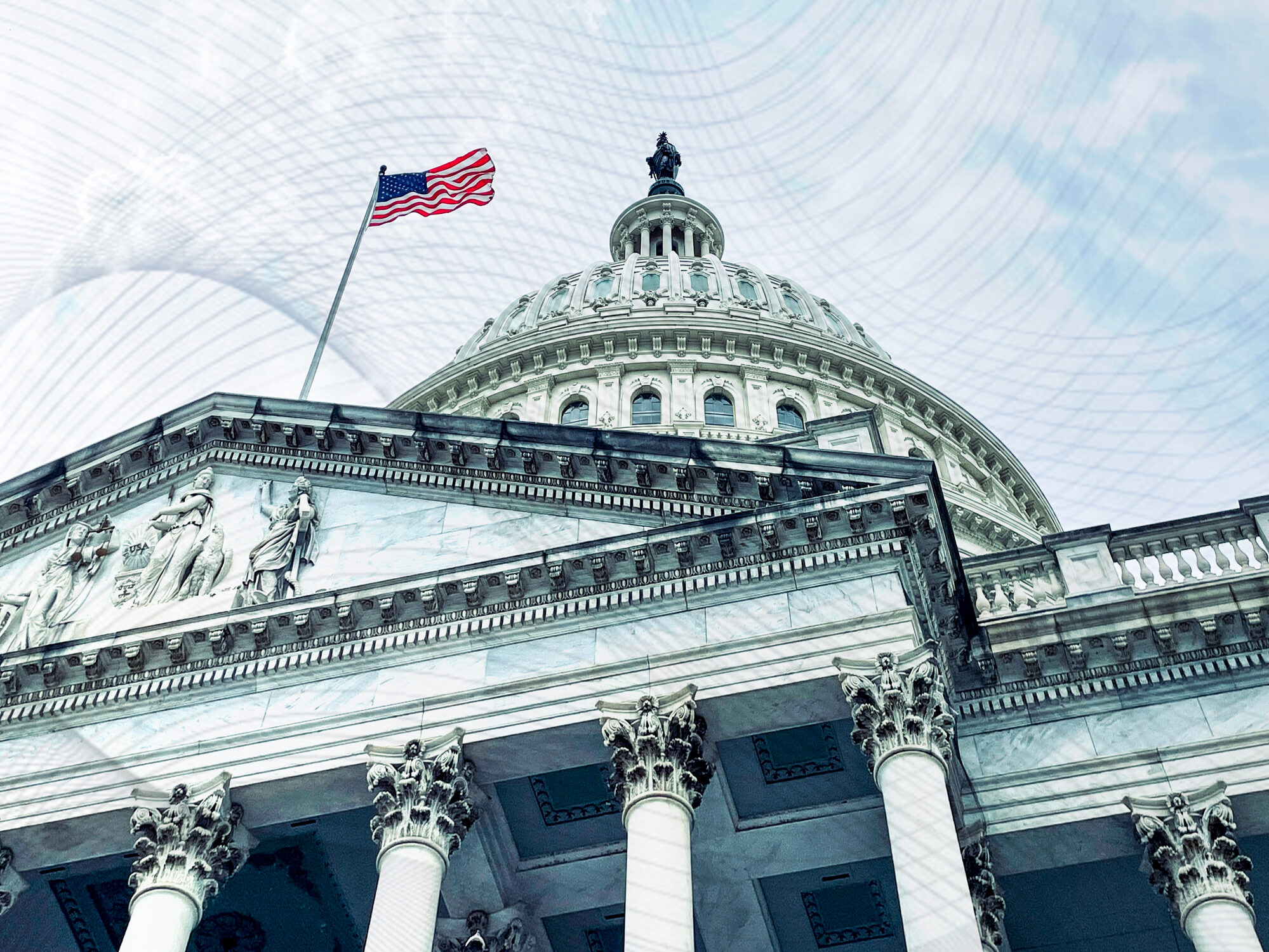
Federal Bank Regulator Reprimands Illinois: New Interchange Law Is “Misguided” and “Unlawful”
Oct 7, 2024
OCC in amicus brief says IL measure is “ill-conceived, highly unusual, and largely unworkable,” “threatens to fragment and disrupt” America’s banking system
Last week, the Office of the Comptroller of the Currency (OCC) became the latest party to raise concerns in a lawsuit against the Illinois Interchange Fee Prohibition Act (IFPA). In a rare amicus brief, the OCC urged the U.S. District Court for the Northern District of Illinois to invalidate the law, arguing the measure threatens the stability, uniformity, and efficiency of America’s banking system.
As the agency responsible for overseeing the business of banking and upholding National Bank Act, which serves as the cornerstone of our financial system, the OCC wrote:
“The Illinois Interchange Fee Prohibition Act, H.B. 4951, Section 150 (“IFPA”) is an ill-conceived, highly unusual, and largely unworkable state law that threatens to fragment and disrupt this efficient and effective system. Although the IFPA’s requirements are vague and ambiguous in many respects, this much is clear: the IFPA prevents or significantly interferes with federally-authorized banking powers that are fundamental to safe and sound banking and disrupts core functionalities that drive the Nation’s economy. In short, the IFPA constitutes both bad policy and an unlawful interference with federally granted powers.”
The OCC went on:
“The national bank powers infringed upon by the IFPA are of fundamental importance to maintaining a safe and sound banking system. […] Interchange fees play a vital role in enabling banks to protect against fraud, cover the costs of transaction processing, and provide other valuable consumer services. If the interchange fee prohibition provision in the IFPA is not invalidated, it will erode this essential infrastructure, leaving national banks with extraordinary operational burdens that likely will be passed on to consumers in the form of higher fees, reduced services, and weakened fraud protection.”
“If the IFPA is not enjoined and invalidated, it may well trigger a domino effect of other states and localities enacting similar laws, thereby creating a fractured, highly inefficient, and unworkable payment system that would materially affect interstate commerce. The result would be an unmanageable patchwork of state laws that undermine the uniformity necessary for the smooth and effective functioning of the national payment system. “
As news outlets reported, the OCC’s engagement is significant:
“While the law is set to take full effect July 1, 2025, TD Cowen analyst Jaret Seiberg said the agency’s brief could bolster the likelihood a federal judge temporarily blocks the law from taking effect as the case continues.”
“In a court filing late Wednesday, the Office of the Comptroller of the Currency blasted the first-of-its kind Illinois law as an ‘ill-conceived, highly unusual, and largely unworkable state law that threatens to fragment and disrupt’ the nation’s banking system. The OCC urged the judge to stop the Illinois law, arguing that the state’s new restrictions on interchange fees are preempted by federal banking laws.”
– POLITICO
“The OCC warned that allowing the Illinois law to stand could lead to a “domino effect” of other states following suit. ‘The result would be an unmanageable patchwork of state laws that undermine the uniformity necessary for the smooth and effective functioning of the national payment system,’ the OCC said.”
The OCC’s amicus brief comes on the heels of another notable amicus brief from the American Free Enterprise Chamber of Commerce’s Center for Legal Action (CLA), which focuses on combatting administrative overregulation both through agency proceedings and in litigation. As Machalagh Carr, Director of CLA and former general counsel and chief of staff to U.S. House Republican committees and leadership offices, wrote:
“Left unchecked, the IFPA would not only inflict untold consumer harm in the form of increased fees, but also take the nation backwards to a Civil War era patchwork banking system marked by instability and confusion. For more than a century and a half, the nation has benefited from the National Bank Act and its ensuing uniformity and stability. Now politicians in the land of Lincoln are seeking to unwind this progress and damage banks, their customers, and the economy in the process.”
To read the full OCC amicus brief, click HERE.
To learn more about CLA’s amicus brief, click HERE.
###

